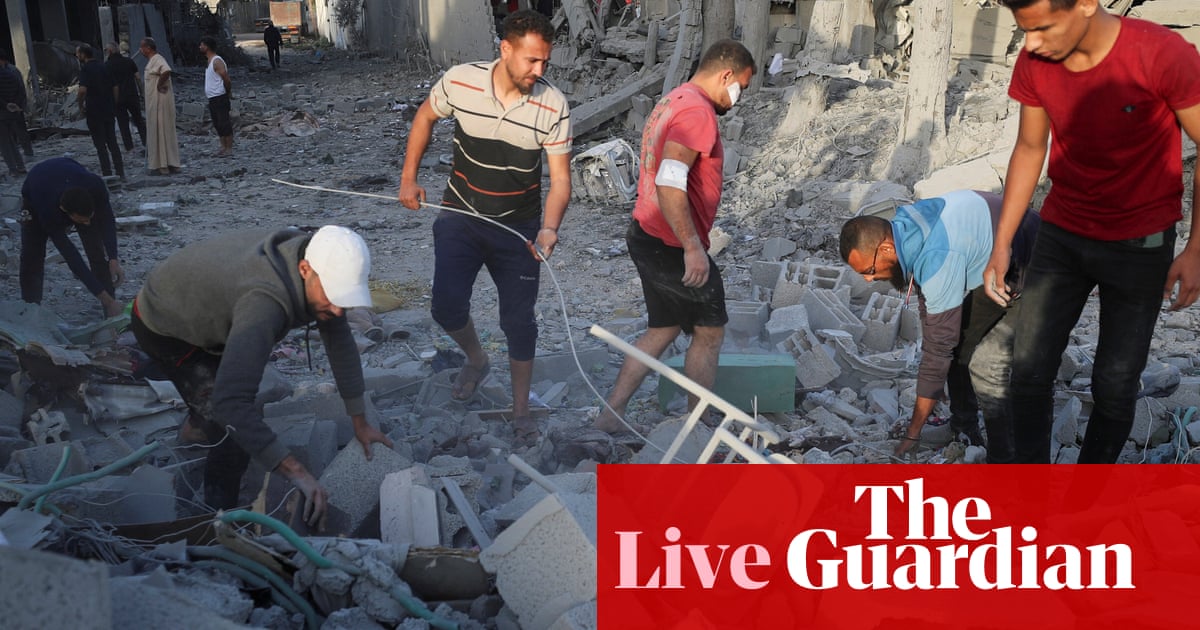The World Bank's latest April 2025 report warns that Ghana is facing mounting economic pressures that threaten to reverse years of progress in poverty reduction.
The report paints a stark picture of growing vulnerability among Ghanaian households, driven by surging inflation, a depreciating cedi, and intensifying climate risks.
According to the report, more than one in four Ghanaians now live in extreme poverty, surviving on less than $2.15 a day, the equivalent of GH¢30.28 in today’s terms.
It further states that the cost-of-living crisis has been exacerbated by steep increases in the prices of food, fuel, and basic services, significantly eroding household purchasing power.
The report emphasizes that these economic shocks are disproportionately affecting Ghana's most vulnerable populations, including low-income families and rural communities.
“Poverty in Ghana fell considerably up until the COVID-19 pandemic. However, moderate growth due to substantial fiscal adjustments, global economic and trade uncertainties, and persistent inflation is likely to impact households and may increase poverty in the coming years. If the impacts on the poorest are not properly mitigated, the necessary economic stabilisation reforms could undermine further progress in poverty reduction,” it stated.
The World Bank warns that without immediate environmental action and comprehensive structural reforms, over one million more Ghanaians could be pushed into poverty in the near future.
Meanwhile, experts from the Bank have stressed the urgent need for investment in human capital, targeted social protection programs, and climate resilience initiatives.
Structural reforms aimed at restoring macroeconomic stability, improving governance, and enhancing job creation are also seen as critical to reversing the rising poverty trend.
Despite these challenges, the report highlights Ghana's strong potential for recovery if bold, inclusive, and sustainable policy actions are implemented.
The World Bank continues to work closely with the government and development partners to address these overlapping crises and support a pathway toward long-term stability and equity.
SP/MA
Watch the latest edition of BizTech below:
.png)











 English (US) ·
English (US) ·